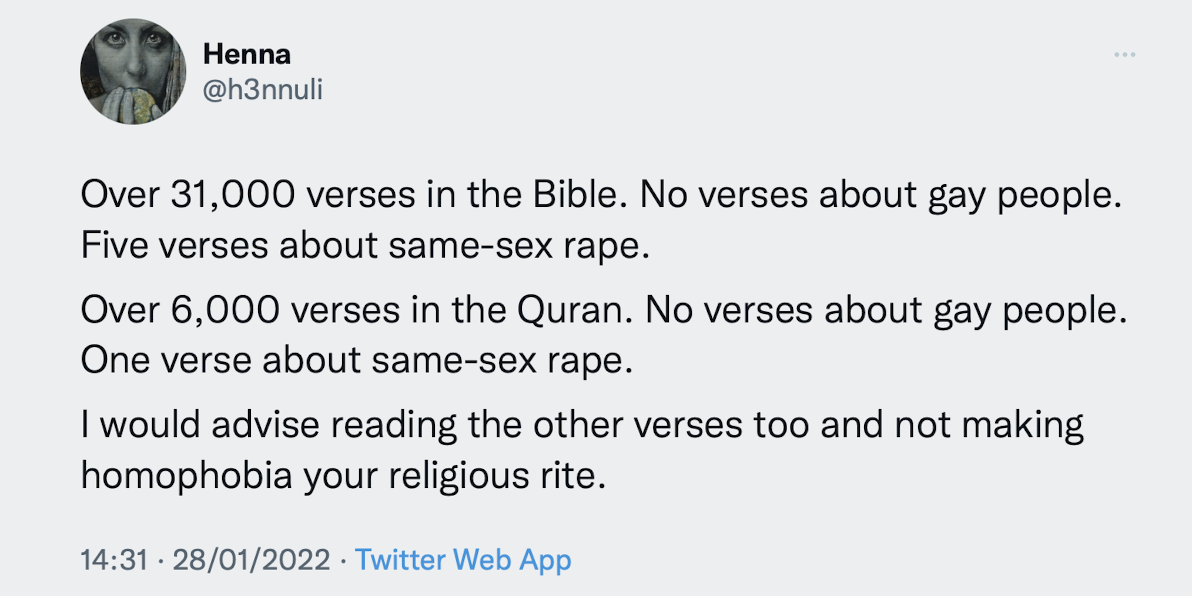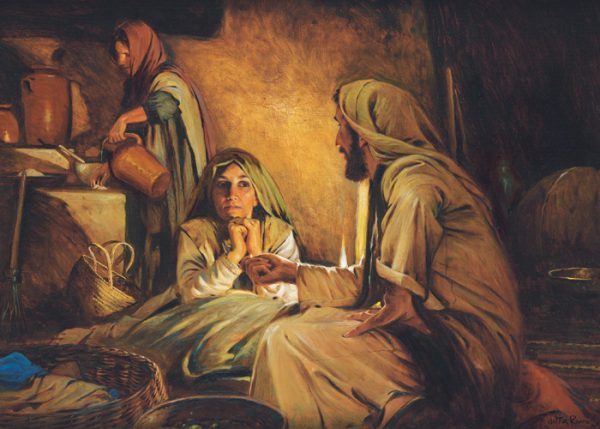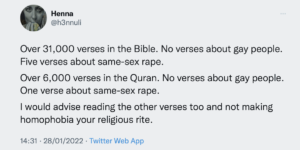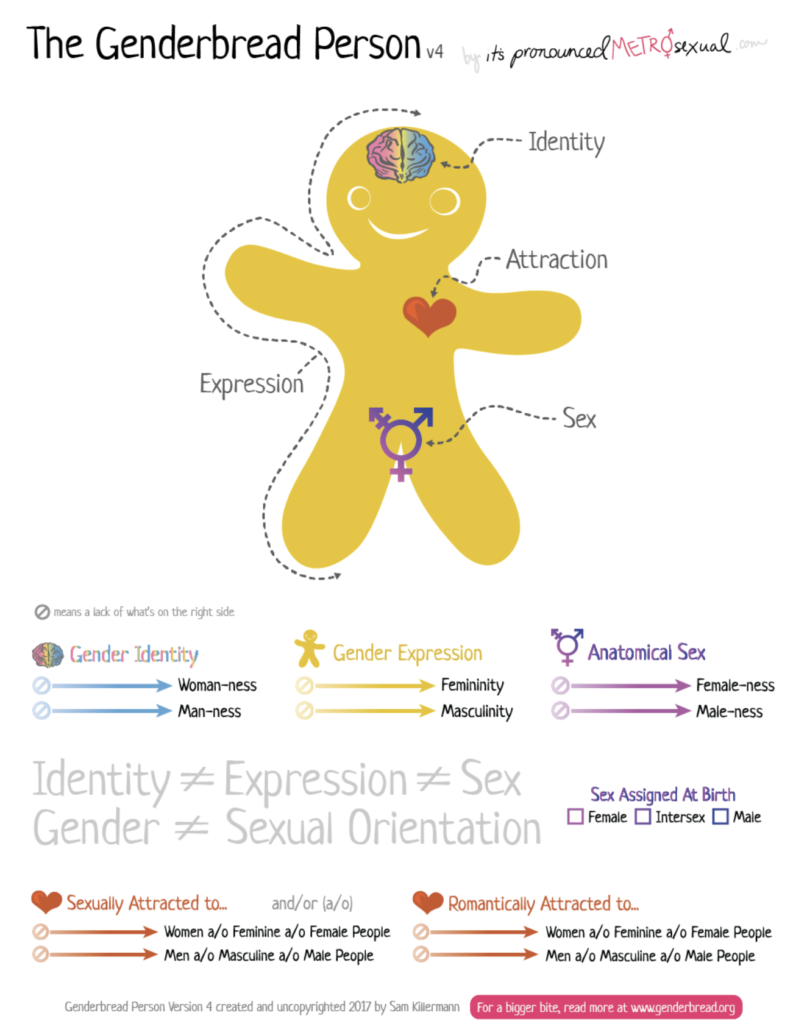
In the current candidates’ leadership contest we may hear claims of self-identification. How can people self-identify, as if they wouldn’t actually know who they truly are? But that asks the wider question of who are we? Surely “Labels are for jam jars not people“.
In older times…

In the Hebrew Scriptures, what many call the Old Testament, we read of the machinations of the Israelites as they – with Kings and without – seek to understand who they truly are. Throughout Amos we read of King Jeroboam who struggles to care for the people, faltering as the desire to look after Number 1 takes centre stage. In the New Testament, we might recall of the disciples who struggle to limit their desire to be the top dog, or at least ‘one on the left and the other on the right side of Jesus’. In politics we also read of being “Big Dog”. Don’t we all seek this some times when we seek a job advancement?
In recent blogs we have heard of the Good Samaritan, an anecdotal story of irony, of characterising the despised as the hero. By doing this we might change our own ways but not our identity.

With Martha and Mary we have that dynamic duo fighting for roles: one so active, one passive. Martha remains dominant in seeking that Jesus returns quickly to restore life to Lazarus; Mary calmly breaks open a jar of expensive perfume over Jesus. Which one were we to be like?
Was Martha the one who followed protocol, whilst Mary was the radical breaker of normality?
Many identities
On Saturday, up to 19,000 people marched through Glasgow on its second #Pride of the year. The emphasis was upon bisexuality for the first time. You might have thought that it was yet another protest about identity but it goes far beyond that. It’s who they are.
I overheard one person saying that they were “non-binary and bisexual“.
Do we need to state our gender and sexual identity? When people stake such a claim about who they are, it doesn’t require evidential proof. They are proof enough. When someone states that they are transgender, or non-binary, or bisexual etc it isn’t a protest against everyone else. It’s not about the other.
Cisgender
Those whose gender agrees with their sex, or cis-gender, shouldn’t get upset and counter protest. We need to hear those voices and understand what they are seeking to explain. How might cisgender folk feel if what society has deemed to be ‘normal’ doesn’t fit with their understanding, so much so that they feel mentally traumatised, whilst some seek drastic life threatening solutions. It isn’t a lifestyle choice – it’s who they are.
Clobbering

Of the 31,000+ verses in the Bible, only 5-7 speak of same sex abuse. Of those, in isolation, they can be used as poisonous arrows to “persuade” those of the LGBTQ community that they are wrong or deluded. But when read in context: who wrote them, to whom, why and when, we get an alternative perspective.
For the readings in Genesis (Sodom) we read of the lack of hospitality; in Leviticus we read of the worship of gods where sex with others as a form of sacrifice was deemed to be acceptable; in Romans we read of further examples of same sex was seen as a form of sacrifice – no where in these verses does it suggest a relationship of love. These negative ‘Clobber‘ verses are ones specifically about sacrificial sex: that’s not the relationships the LGBTQ community are referring to. Here is a new site which might help promote greater understanding which I found through Mardi Gla.
“Labels are for jam jars not people“
Deacon Eunice

I found the dialogue interesting